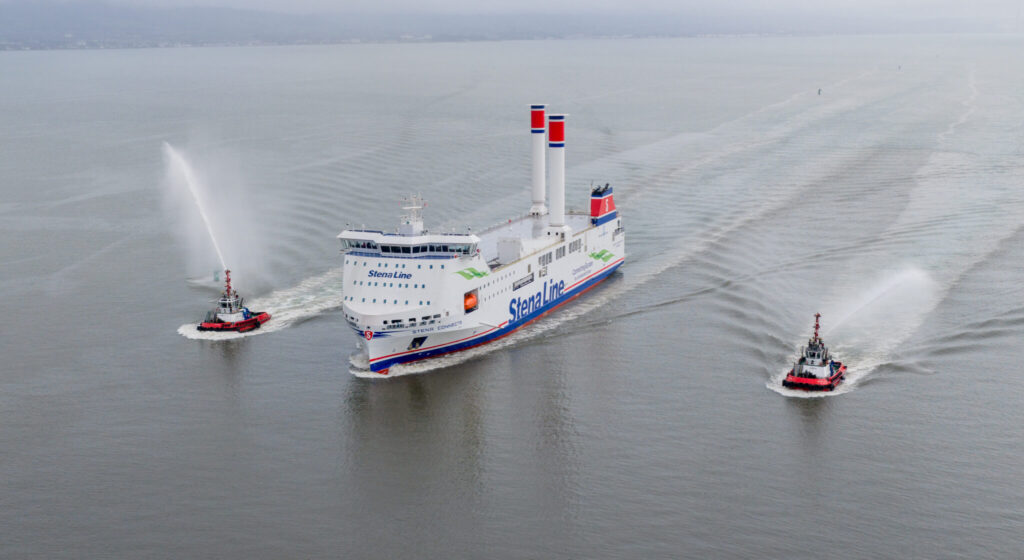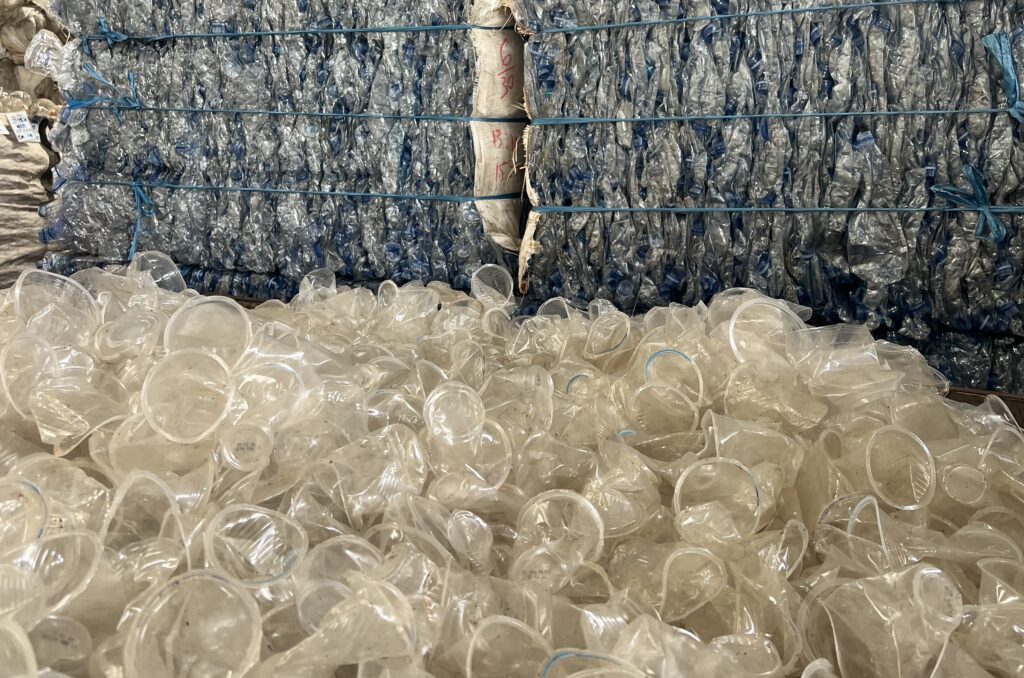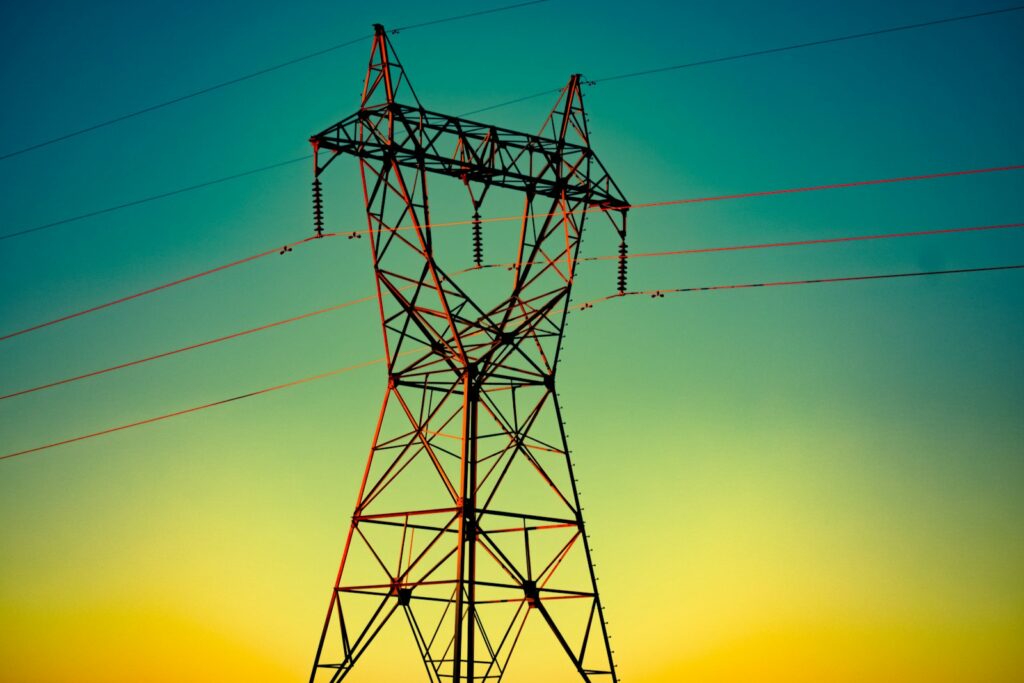Taking off and landing at Maribor Airport, Slovenia, the hydrogen-electric HY4 has successfully demonstrated safe and efficient operation of air travel powered by fuel cells.
Based in Stuttgart, Germany, H2FLY has become the first company in the world to complete a short flight using an electric aircraft fueled with hydrogen. In total, the aircraft has been used for four takeoff and landings as part of the test campaign, with one journey lasting for a little over three hours – longer than many commercial air routes within Europe.
The success now indicates that using cryogenically stored liquid hydrogen rather than gaseous hydrogen is now a viable option for short hall air travel. This results in substantially longer range, with the HY4 aircraft able to travel up to 1,500KM with liquid fuel compared with 750KM when using a gas.
‘This achievement marks a watershed moment in the use of hydrogen to power aircraft. Together with our partners, we have demonstrated the viability of liquid hydrogen to support medium and long-range emissions-free flight,’ said Professor Josef Kallo, co-founder of H2FLY. ‘We are now looking ahead to scaling up our technology for regional aircraft and other applications, beginning the critical mission of decarbonising commercial aviation.’
H2FLY is now focusing on what it calls the ‘path to commercialisation’. In June, it announced the development of a new H2F-175 fuel cell, which is able to provide full power range for flight altitudes up to 27,000 feet. This represents another important step, moving on from lower altitude operations to higher, which is necessary for commercial viability.
‘DLR boasts extensive expertise in electrified aircrafts, with a track record spanning over 15 years. Starting from the inaugural flight of the Antares DLR-H2 in 2009, consistent advancements have been made in fuel cells and their auxiliary systems,’ said Dr. Syed Asif Ansar, Head of Department Energy System Integration at the German Aerospace Centre (DLR), which is partnering on the project.
‘This progressive journey culminates in a significant present achievement in aviation history: the utilization of cryogenic liquified hydrogen as fuel storage for a four-seater aircraft powered by fuel cells. Collaborating with H2FLY, AirLiquide and other project members, DLR is actively engaged in projects aimed at propelling the development of CS-23 and CS-25 fuel cell powered aircraft into the next phase,’ the continued.
More on sustainable aviation:
‘We have to fly less’: Planes, trains and climate-friendly travel
International Airlines Group boosts UK waste-to-fuel research
Image: H2FLY

















